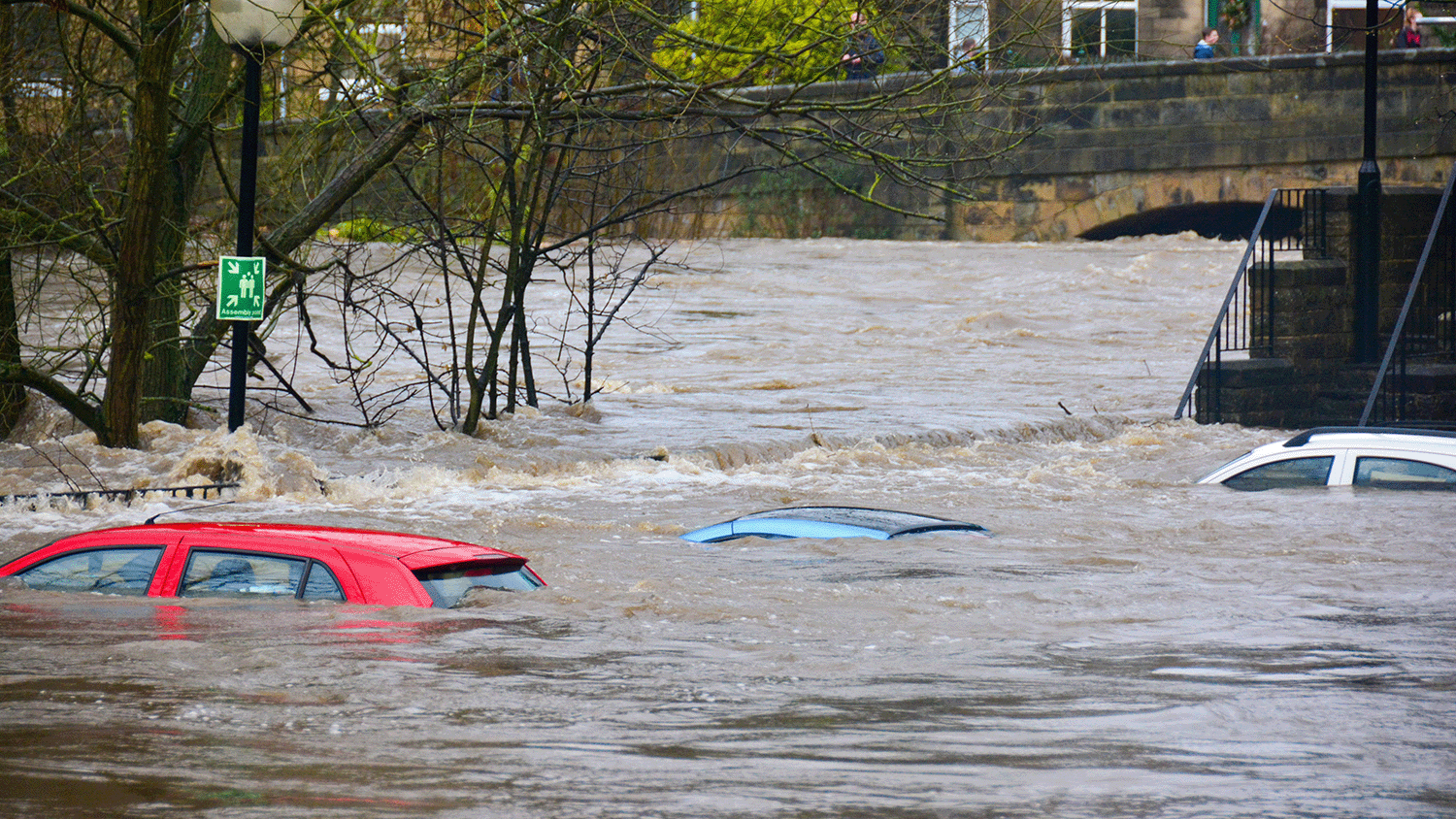
Global warming seems to have become a term that politicians just argue about. For those of us in fleet management, however, we have seen the impact both big and small. As the world becomes ever more interconnected there will be more, and even surprising ways, that your fleet can be affected by global warming.
This post is not to debate whether global warming is real or not. As data experts who move goods around the world, fleet managers are fully aware that SOMETHING is happening and that fleet operations are increasingly affected by extreme weather patterns.
It’s not just the severity of extreme weather patterns, but also the frequency and the increased number of ‘freak’ weather occurrences. Areas that previously only experienced one bad storm every few years are now getting them a number of times in a single year. So it’s not our job to debate global warming, but rather to deal with these very obvious effects on our fleet businesses.
Why global warming affects all fleets
In many ways we are lucky to be operating in such an interconnected world. The world has access to goods and products according to demand, not according to distance. It’s pretty incredible when you take a moment to think about it.
That said, if a massive storm hits Indonesia, for example, it can affect hundreds of supply chains. If a series of storms hit, doing much more damage than storms have done in the past, it causes indefinite delays. Massive and unexpected storms don’t only cause a delay in shipping, but also damage infrastructure and that specific supply chain can only pick up again once the infrastructure has been repaired and goods are once again available. In some cases, this can take months or years.
A good example is Toyota South Africa’s Prospecton plant in Durban. In April this year, the plant was closed as torrential rain caused the basement of the plant to flood. Production at the plant came to a halt and thousands of vehicles had to be scrapped. The knock-on effect has been enormous and many fleet companies and private buyers have been affected. This, in turn, affects the fleet companies’ productivity and the cycle carries on.
This is merely one example, but the reality is that Kwa-Zulu Natal has always been prone to heavy rain. For industrial facilities to take such a hard knock means it was much worse than expected and is likely to keep getting worse.
Another consideration is the fact that all container ships are affected when harbours are shut down due to extreme weather. These ships have to wait in open water until the harbour is once again able to receive them. All of these delays add up and greatly affect global supply chains.
Add to this all the other incidences of extreme weather around the world, from droughts and heat waves to snow and storms, it’s clear that we’re going to see a more drastic impact on the fleet industry. Everything from food production to sea and air transport is facing higher risk, and nobody can predict precisely when the next disaster will strike.
Infrastructure
Let’s say you have a warehouse that stores thousands of electronic goods and the building is damaged in a storm. This means you have thousands of expensive damaged goods that can’t be sent to customers.
It also means all operations cease until the warehouse is fixed, or the company finds an alternative warehouse. You have further delays because new products have to be brought in from the country of origin but, maybe, there’s an additional delay as ships can get into the harbour.
Then, to add to it, the roads have been severely damaged so your transports either need to reroute—causing further delays—or if there is only one route they will likely pick up more vehicle damage than usual due to damage to the roads. This can carry on for a very long time until those roads are repaired.
The above examples illustrate that the interconnected nature of the fleet and transport industry means that increased instances of extreme weather around the world will indirectly affect all of us at some point.
Changing fleets
In addition to the high risks posed by extreme weather, global warming is affecting many small changes in the fleet industry. Some companies are turning to hybrid or electric vehicles and this can affect schedules or capacity. The fact that they are doing their part to reduce emissions is fantastic and the fleet industry must simply be prepared for altered schedules, the need for vehicles to recharge, and charging infrastructure to be added where necessary. This can also have an immediate effect on cost: prices may go up to cover the cost of more expensive electric vehicles, which again has a trickle-down effect across the entire industry.
That said, if there’s one thing the fleet industry is good at, it’s change. We know how to manage a crisis, make alternate plans, and get back on the road. But, if global warming means these crises are going to become more frequent, the fleet industry will have to start building regular crisis management into their plans.
This could mean new ways to work together, having emergency vehicles on standby, and spending more to ensure warehousing structures can withstand extreme weather. It’s going to be different for everyone and will depend on where you are based, but the reality is that the fleet industry needs to assess where global warming is most likely to affect them and start doing what they do best: looking at the data and planning ahead.
We all know the only way to reduce fleet risk is to be armed with information, for more thoughts and insight into the future of fleet management, make sure to subscribe to our newsletter to receive regular updates. We also have a selection of fleet management resources for you.
